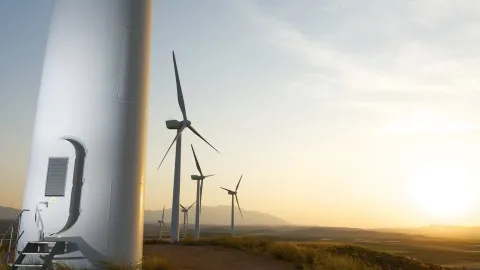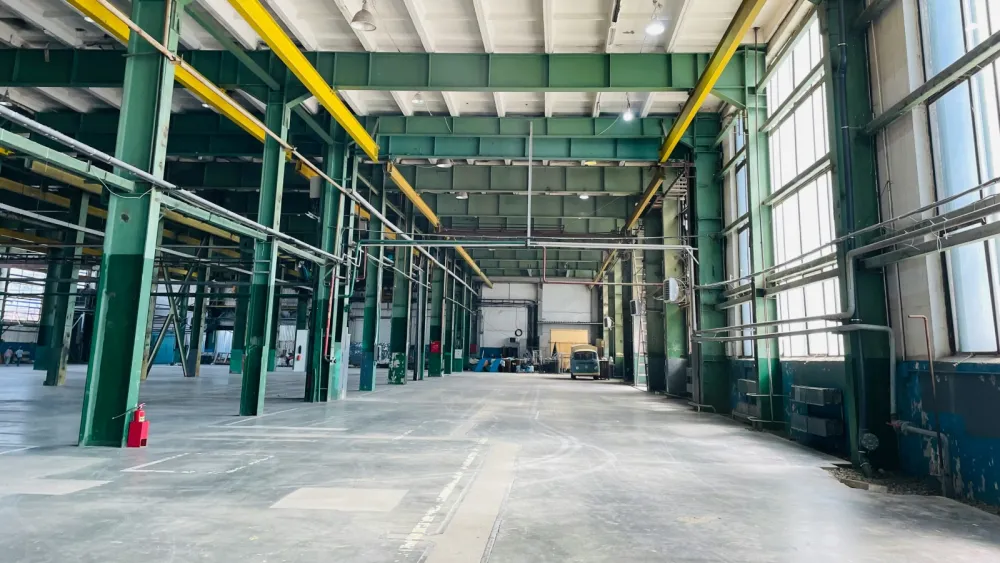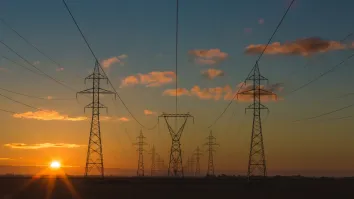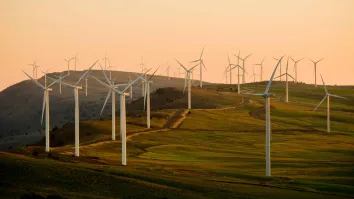
Onshore wind to play a key role in achieving India’s 2030 target
The country has almost 41GW of onshore wind capacity.
Accelerating investments in onshore wind energy, in which annual capacity additions have declined, would boost India’s 2030 target and ensure the reliability of the overall grid system, according to the Global Wind Energy Council (GWEC).
In a report, GWEC CEO Ben Backwell said the reverse auction regime enabled a market with “race to the bottom” characteristics which led to insufficient volumes awarded, unsustainable bids, attritions, and inadequate focus on quality and supply chain health.
“The central government’s announcement of several corrective policy measures in recent months has renewed optimism. However, accelerating investments in the wind manufacturing sector and scaling up annual capacity addition requires consistent demand creation,” Backwell said.
READ MORE: India could raise RE capacity by about 24GW with wind energy
“It is essential for the wind industry to have a clear manufacturing investment case based on an expanding Indian market, while building and enhancing partnerships with government agencies, communities, and commercial & industrial consumers to achieve this goal,” he added.
GWEC said the decline in wind capacity additions impeded India's goal of decarbonising the power sector and heavy industry and transport. It currently has nearly 41 gigawatts of onshore wind capacity, the fourth-largest market for wind globally.
India aims to install 140GW of wind energy by 2030, 30GW of which will be offshore wind, the council said.
The country should also ensure the financial health of project developers and manufacturers who suffer the “double impact” of stalling capacity addition, it added.


















 Advertise
Advertise







